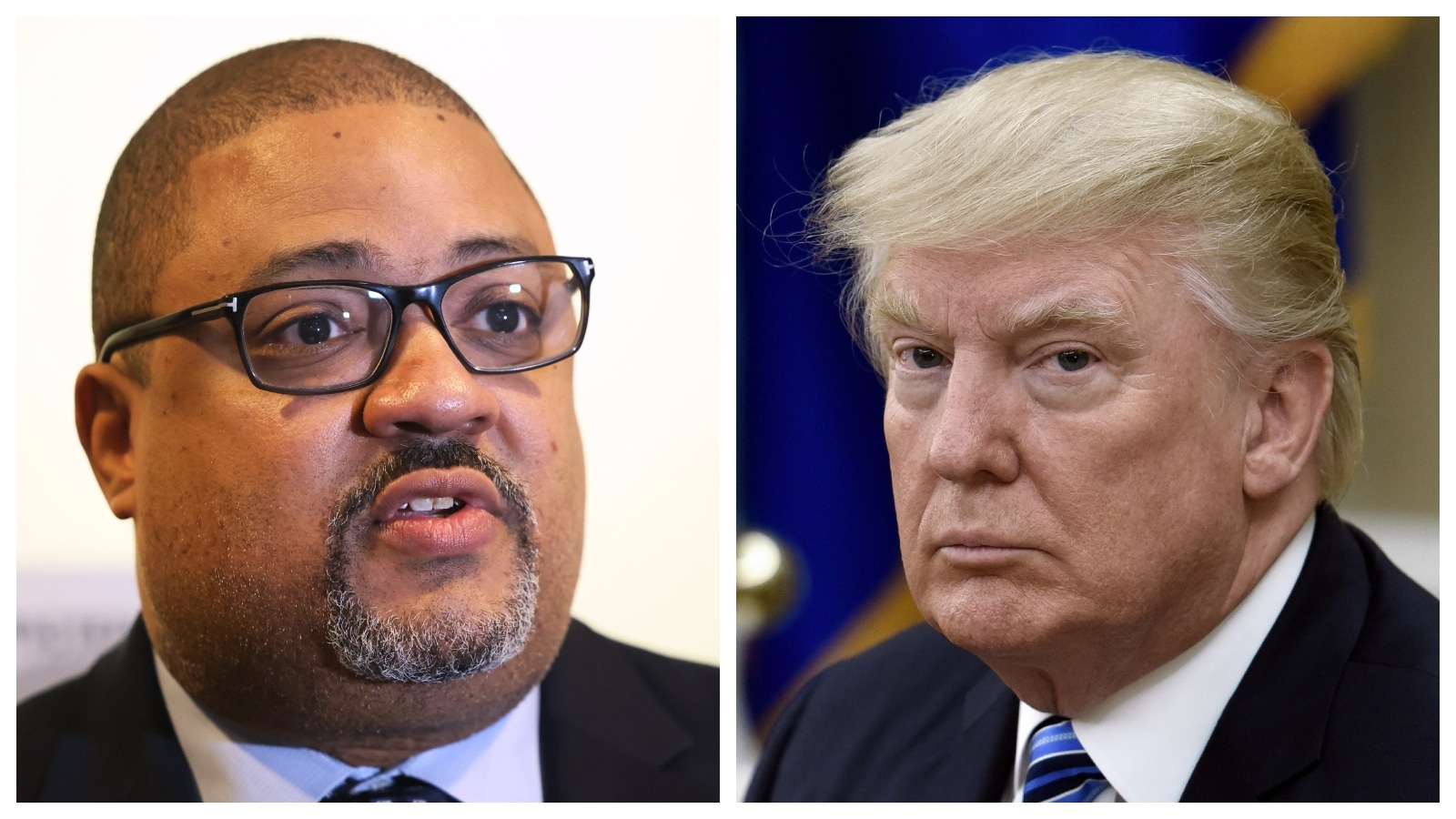OPINION: This article may contain commentary which reflects the author's opinion.
A former Manhattan prosecutor has pointed out that the judge appointed to oversee District Attorney Alvin Bragg’s 34-count indictment against Donald Trump should not have been given the case because of his history in dealing with the former president.
New York Supreme Court Justice Juan Merchan was assigned to oversee the hush-money prosecution of Trump due to his prior experience presiding over litigation involving Trump and his company. However, this history could potentially complicate the proceedings and expose Merchan to further attacks from Trump, The Wall Street Journal reported.
According to sources familiar with the matter, Merchan was chosen by the court’s administrative judge to oversee complex grand jury investigations into Trump and his businesses for the next two years, which led to his subsequent assignments to cases related to the investigations. Merchan is a 14-year veteran of Manhattan’s criminal trial court.
“Since 2021, the judge has held the Trump Organization in contempt for failing to turn over documents in one probe by the Manhattan district attorney’s office; presided over a trial in which a jury convicted the company of tax fraud; and sentenced former company finance chief Allen Weisselberg to jail for tax and other offenses,” the WSJ reported further.
The Trump Organization has filed an appeal following the tax fraud conviction. Christopher Brennan, a former Manhattan assistant district attorney, said that if a higher court were to reverse Merchan’s decision on the tax-fraud conviction, it could raise concerns about his impartiality in the current criminal case against Trump.
“There was not a random selection of a judge in this case, and there should have been,” Brennan told the paper. “He actually should be the last person selected, given the potential conflict.”
The outlet noted further:
In Justice Merchan’s court in April, Mr. Trump pleaded not guilty to 34 felony counts related to allegations that he falsified records to cover up a payment to porn star Stormy Daniels before the 2016 presidential election.
Mr. Trump, who has waged a public campaign against the charges, has targeted Manhattan District Attorney Alvin Bragg, who brought the case—the first prosecution of a former president. But Mr. Trump has also taken several verbal jabs at the judge and his family, arguing Justice Merchan is biased against him and citing the judge’s earlier rulings as proof.
Judge Ellen Biben, who serves as the administrative head of the criminal court in Manhattan, has called on Justice Merchan on multiple occasions to oversee cases related to former President Trump. This includes his appointment to supervise a special grand jury that indicted the Trump Organization and Allen Weisselberg for tax fraud in June 2021, the WSJ reported.
Biben typically selects judges randomly to supervise special grand juries, but in Justice Merchan’s case, she chose him due to his experience handling the subpoena dispute between the Trump Organization and the Manhattan district attorney’s office that began last year.
In contrast to the federal courts in New York, where local rules dictate the random assignment of judges to most newly returned indictments, in the Manhattan trial court, judges who supervise special grand juries are often assigned to the resulting criminal cases, the outlet noted.
“With the tax-fraud case pending in his court, Justice Merchan also supervised a special grand jury investigation of whether Mr. Trump fraudulently inflated and deflated the value of his assets on financial statements he provided to a lender and others, according to people familiar with the investigation. The probe expired without charges after then-District Attorney Cyrus Vance left office in 2021,” said the WSJ.
According to The New York Times, prosecutors from Bragg’s office requested late last month that Merchan curtail Trump’s capacity to personally scrutinize the prosecution’s evidence against him without the presence of a lawyer.
Bragg’s office claims that such a restriction would thwart the former president from divulging case particulars as he endeavors to regain the presidency in 2024.
“When 34 felony charges were unsealed against Mr. Trump earlier this month, prosecutors working for the district attorney, Alvin L. Bragg, said they were working with the former president’s lawyers to come to an agreement as to how some case material — personal information of witnesses and evidence, including grand jury testimony — could be used,” the Times reported.
“But the opposing sides could not reach an agreement, and the prosecution’s request is now expected to be opposed by Mr. Trump’s lawyers. Ultimately it will fall to the judge in the case, Juan M. Merchan, to determine whether to limit Mr. Trump’s access and public comments in any way,” the report continued.
